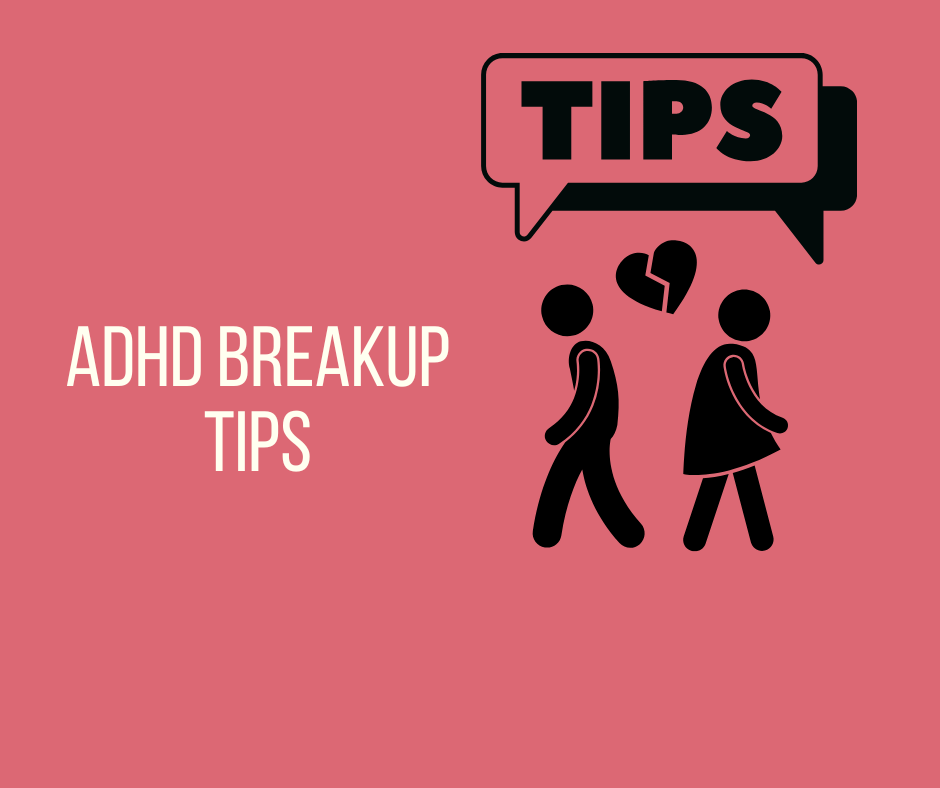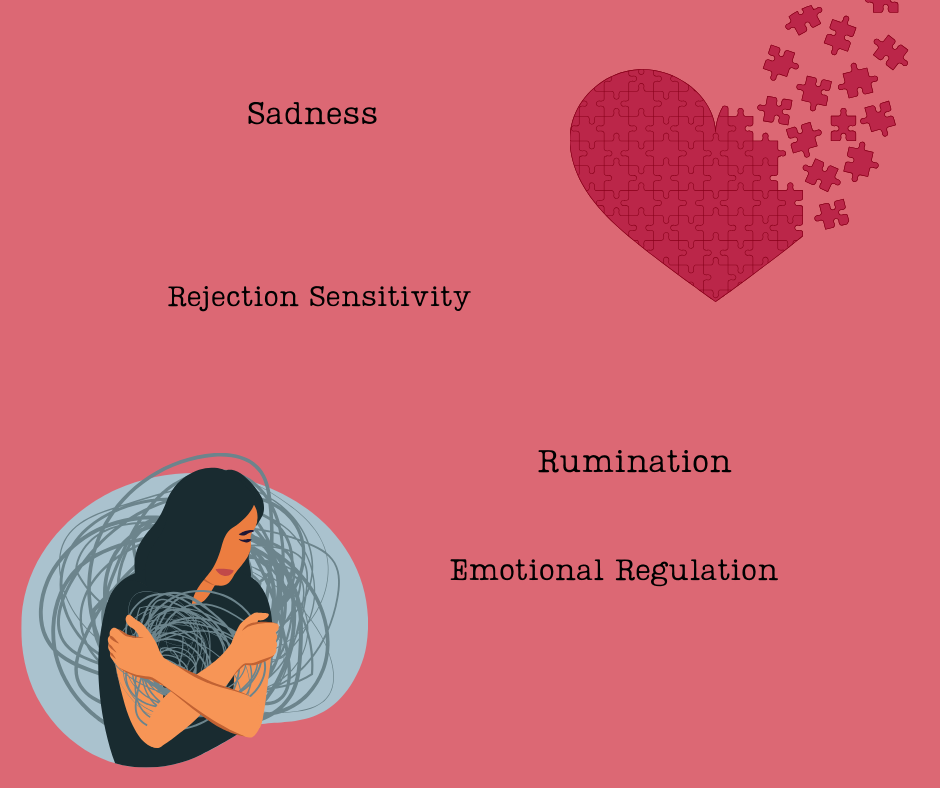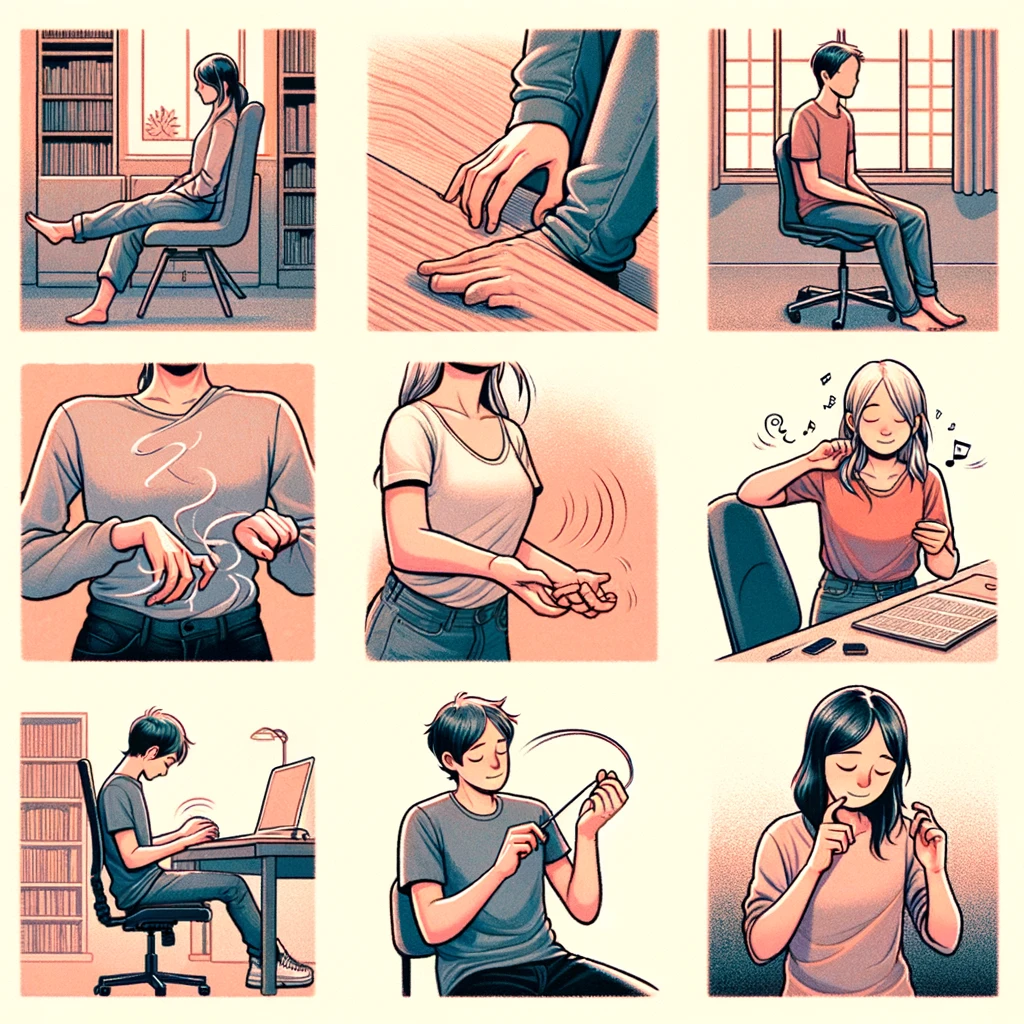Healing After an ADHD Breakup: A Practical Guide
Breaking up is Hard for Everyone. Here are some Tips.

Click here to learn a little about dating with ADHD
Breaking up is never easy, but with ADHD, the experience can feel even more intense. ADHD often heightens emotions, making feelings of sadness, loss, and self-doubt after a breakup more pronounced. Understanding how ADHD shapes your response can help you find effective strategies for coping, healing, and ultimately moving forward. Here’s a compassionate, practical guide to support you through an ADHD breakup with specific tips to manage emotions, practice self-care, and build resilience.
Ten tips to help you through a Breakup when you are an ADHD Women
1. Embrace Your Emotions without Judgment after the breakup
During an ADHD breakup, emotions can feel amplified, making it harder to let go of “what ifs” or memories. Remember, feeling things deeply can be a strength, not a flaw.
- Strategy: Permit yourself to feel without judgment. Set specific times to release emotions and balance these moments with grounding activities like working on a puzzle, taking a walk outside, or cooking a new recipe.
- Reflection: "How can I honor my feelings today without letting them consume me?"
2. Reframe ADHD Rejection Sensitivity
An ADHD breakup can trigger feelings of rejection, especially for those who experience Rejection Sensitive Dysphoria (RSD). Remember, a breakup does not define your worth.
- Strategy: Counter negative thoughts by focusing on your strengths. Journal about what makes you unique or speak with friends who can affirm your value beyond the relationship.
- Reflection: "What do others appreciate about me, and how can I celebrate that?"
3. Manage Impulsive Behavior
After an ADHD breakup, the urge to reach out to your ex or make impulsive decisions can feel overwhelming. Managing these impulses can help you regain control and protect your emotional health.
- Strategy: Set clear boundaries by deleting contact information, avoiding familiar spots, and calling a friend when the urge to reach out arises.
- Reflection: "What actions truly help me feel better, and how can I focus on those?"

4. Adjust to Routine Changes
The routine created in a relationship can provide structure, so its absence during an ADHD breakup may feel particularly unsettling.
- Strategy: Establish new, grounding routines with small, achievable goals, like consistent sleep, regular meals, and light exercise. Use digital reminders to stay on track.
- Reflection: "What routines bring me comfort, and how can I incorporate them into my day?"
5. Find Healthy Distractions after the Breakup
After an ADHD breakup, it’s essential to find healthy outlets. Creative pursuits and physical activities offer positive distractions and can help you find new sources of fulfillment.
- Strategy: Try new hobbies or revisit old ones. Pursuits like painting, journaling, or yoga can provide healthy distractions and uplift your mood.
- Reflection: "What creative outlet have I been curious about, and how can I take a small step toward it today?"
6. Build a Supportive Community
Isolation can amplify feelings of sadness, especially after an ADHD breakup. Staying connected with supportive people can help ease the healing process.
- Strategy: Spend time with people who uplift and understand you, including friends, family, or ADHD support groups where you can openly share your feelings.
- Reflection: "Who helps me feel safe and valued, and how can I lean on them during this time?"
7. Practice Mindfulness and Self-Care
After an ADHD breakup, staying present can be difficult, but mindfulness practices can help you respond to emotions instead of reacting impulsively.
- Strategy: Incorporate mindfulness practices like deep breathing, stretching, or mindful walking. Prioritize self-care with rest, good nutrition, and activities that bring joy.
- Reflection: "How can I create a peaceful moment for myself today?"
8. Seek Professional Support
Therapy can be especially helpful during an ADHD breakup as it provides a space to process emotions and develop ADHD-specific coping tools.
- Strategy: Find a therapist skilled in ADHD management. They can help you overcome self-critical thoughts, develop new coping skills, and foster healthier habits.
- Reflection: "What areas do I need help with? Am I ready to accept that support?"
9. Choose Positive Coping Mechanisms
In an ADHD breakup, the urge to numb pain with quick fixes can be strong, yet these often delay genuine healing. Safeguard your recovery with healthy choices.
- Strategy: When overwhelmed, choose coping methods that nourish rather than numb. If certain behaviors are hard to resist, reach out to someone you trust.
- Reflection: "What actions make me feel whole? How can I prioritize these choices?"
10. Embrace Patience and Compassion
Healing from an ADHD breakup isn’t linear. Recovery is a journey, and each small step forward is progress.
- Strategy: Be kind to yourself and recognize small victories along the way. Remind yourself that healing has no deadline, and resilience builds gradually.
- Reflection: "How can I show myself kindness today? What small progress can I appreciate?"
Moving Forward after an ADHD breakup
Recovering comes with unique challenges, but taking it one step at a time is the key. By prioritizing self-compassion, support, and mindful practices, you can build resilience and emerge stronger. Give yourself permission to heal at your own pace—trust that this journey will lead to greater self-awareness and personal growth.
Leave the ADHD Breakup page for other pages on the site.
- → Practical Self-Compassion Strategies for ADHD Women(Opens in a new browser tab)
- → Understanding ADHD Symptoms in Women: A Comprehensive Exploration(Opens in a new browser tab)
- → Morning Routines for ADHD Women: A Neurodivergent-Affirming Guide(Opens in a new browser tab)
- → 🌟 Anxiety and ADHD: Understanding the Overlap and Effective Coping Strategies 🌟(Opens in a new browser tab)
- → ADHD and Shame: The Hidden Impact on Women's Lives(Opens in a new browser tab)



